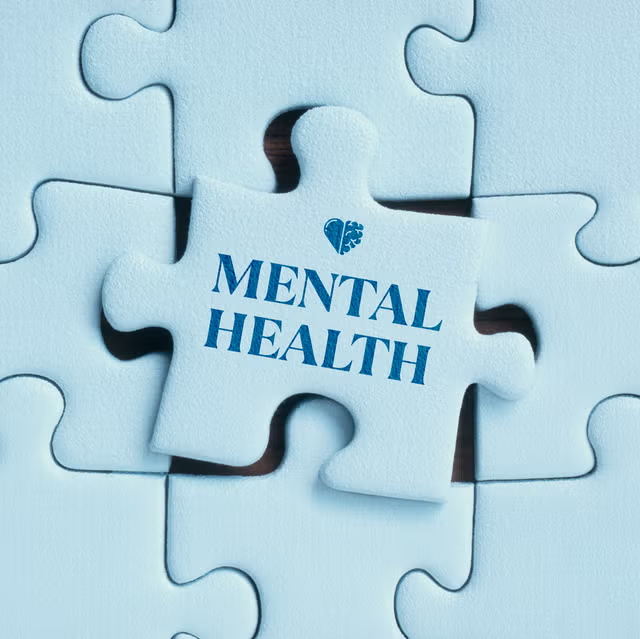What To Expect if You’re Referred to a Psychiatrist
Getting a referral to a psychiatrist can feel overwhelming, but it’s a positive step toward specialized mental health care. Psychiatrists often work alongside therapists and doctors as part of a mental health team. Understanding the process and knowing what to expect can help ease anxiety and make your first psychiatry visit more productive.
What Does a Psychiatrist Do?
A psychiatrist is a medical doctor specializing in the diagnosis and treatment of mental health conditions. Unlike therapists or counselors, psychiatrists can prescribe medication and provide medical treatments for mental health disorders. They complete medical school and specialized training in psychiatry.
Psychiatrists diagnose and treat conditions like depression, anxiety, bipolar disorder, schizophrenia, and ADHD. They use methods such as medication management, psychotherapy, and other medical treatments. Many psychiatrists work as part of a team, collaborating with therapists, primary care doctors, or other healthcare providers to develop comprehensive treatment plans. Some focus on medication management, while others also offer therapy.
Your psychiatrist will assess your symptoms, medical history, and circumstances to develop a personalized treatment plan. They’ll take into account your overall health, current medications, and preferences. This achieves the best approach for your care.
What Happens During Your First Psychiatry Visit?
Your first appointment with a psychiatrist is usually longer than follow-ups, lasting 60 to 90 minutes. They’ll want a complete picture of your mental health before suggesting treatment. During the session, you’ll discuss your symptoms in detail, including when they started, how they impact your life, and any triggers. Your psychiatrist will also ask about previous mental health treatment.
They’ll take a full medical history, including current medications, past procedures, and any family history of mental health conditions to identify genetic factors or medication interactions. The mental health screening covers mood, sleep, appetite, energy, concentration, substance use, relationships, work or school, and thoughts of self-harm. Your psychiatrist may also ask about childhood, major life events, or trauma, as these can affect your current mental health and guide treatment.
What Should You Bring Along?
Preparing for your psychiatric appointment can help you make the most of your time and make sure that all significant information is covered. Here’s how you can get ready effectively:
- Gather Relevant Medical Records: Bring any previous mental health evaluations, therapy notes, or psychiatric hospital records. These provide your psychiatrist with valuable background information.
- List Your Medications: Write down all the medications you’re taking, including prescriptions, over-the-counter drugs, and supplements. Note the dosage and frequency for each. If possible, bring the medication bottles with you.
- Track Your Symptoms: Document your symptoms, when they occur, and any patterns you’ve noticed. Note if symptoms worsen at specific times of day, during certain seasons, or after life events. This helps your psychiatrist better understand your condition.
- Prepare Questions: Write down any questions you’d like to ask, such as treatment options, potential medication side effects, or how long treatment might take.
- Think About Bringing Support: A trusted friend or family member can provide emotional support and help you remember the details discussed. Make sure you’re comfortable with them being present during personal conversations.
- Bring Insurance Information: Please bring your insurance card and any referral paperwork from your primary care physician, if required. Some insurance plans need specific referrals for psychiatry visits.
By taking these steps, you’ll be well-prepared for your appointment, allowing your psychiatrist to focus on providing the best care for your needs.
Know Before You Go
Seeing a psychiatrist is a step in improving your mental health. Be open and honest during your first appointment to help them understand your concerns and provide effective support. Use the visit to assess if the psychiatrist is a good fit for you. If you’re ready to get started, check your insurance coverage and schedule an appointment to take the first step toward feeling better.







